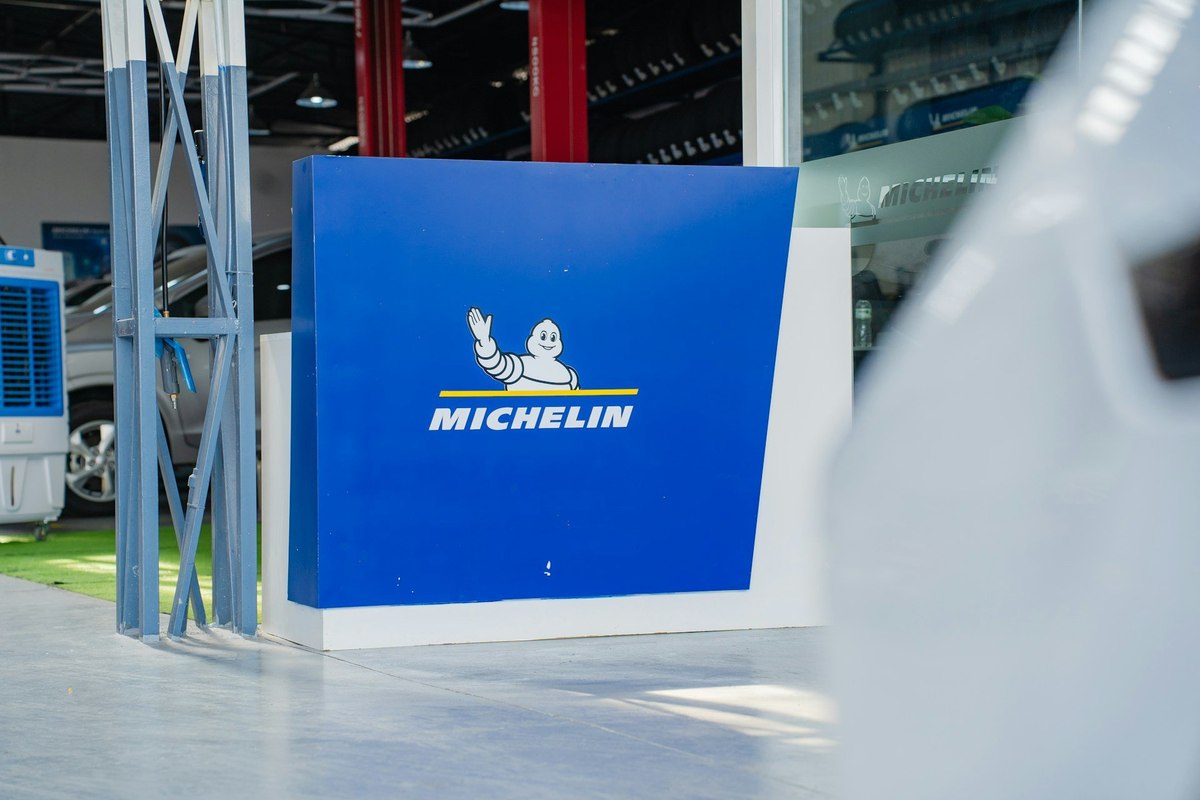Key takeaways:
- Michelin’s Quality score among EV optimists (32) is nearly double the sector average (17).
- Around 13% of EV optimists say they would consider Michelin, higher than other tyre brands.
As auto manufacturers and drivers adapt to an electric future, tyre performance is perhaps the less glamorous but crucial part of the electric vehicle (EV) conversation. Michelin has introduced products such as the e-Primacy, its first eco-designed tyre built to increase EV range and cut CO₂ emissions.
The company has also highlighted that all of its tyres are EV-ready, thanks to advances in rolling resistance, grip and durability. Against this backdrop, the data shows how Michelin is perceived by the very audience most invested in an electric future in the UK: “EV optimists” - Britons who agree that ‘electric cars are the future of the motor industry.’
According to YouGov BrandIndex, Michelin scores higher than other tyre brands among this group on Quality, Impression and Consideration metrics.
In fact, Michelin’s net Quality score (32) is nearly double that of other tyre companies (17), and its Impression score (20) is also higher than of the sector average (11). Even on Consideration, the percentage of EV optimists who would think about buying from the brand, Michelin reports a higher percentage than peers (12% compared to 6%).
While Michelin shows stronger perceptions of Quality and more among EV optimists, that may not automatically translate into a large pool of would-be buyers. YouGov Profiles data shows that over one in ten (13%) of EV optimists say they would consider Michelin when next in market. Tyre choice is often not a standalone decision: most consumers inherit the brand fitted to their car and only engage with the category at replacement time or when seasonal conditions demand it.
Goodyear is attracting consideration from 10% of EV optimists versus 9% of UK adults overall. Other manufacturers such as Dunlop (7% vs. 6%), Continental (6% vs. 6%) and Pirelli (6% vs. 7%) see broadly comparable levels between EV optimists and the wider public, while Bridgestone, Hankook and Avon Tyres score lower in comparison.
Michelin reports stronger perceptions among EV optimists in the UK, but like the rest of the sector, it faces the reality that tyre choice remains a low-salience decision for most. The data highlights the gap between perception and active consideration.
Methodology:
YouGov Profiles is based on continuously collected data through rolling surveys, rather than a single limited questionnaire. Figures are drawn from responses collected between September 2, 2024 and September 3, 2025, using a 52-week dataset updated weekly. Data is nationally representative of adults (18+) in Great Britain and weighted by age, gender, region, education, and social grade.
YouGov BrandIndex collects data on thousands of brands every day. This chart compares Michelin to Other tyre companies (a custom sector) across Quality, Impression, Consideration, Value and Purchase Intent metrics. Quality, Impression and Value scores are reported as net scores from –100 to +100, and Consideration and Purchase Intent scores are reported as percentages. The scores are based on daily UK surveys weighted weighted by age, gender, region, social grade, and ethnicity. Figures reflect the period June 3 – September 2, 2025 with sample size as 680 for Michelin and 4,805 for Other tyre companies.
Photo by Sơn Tốt Việt on Unsplash
